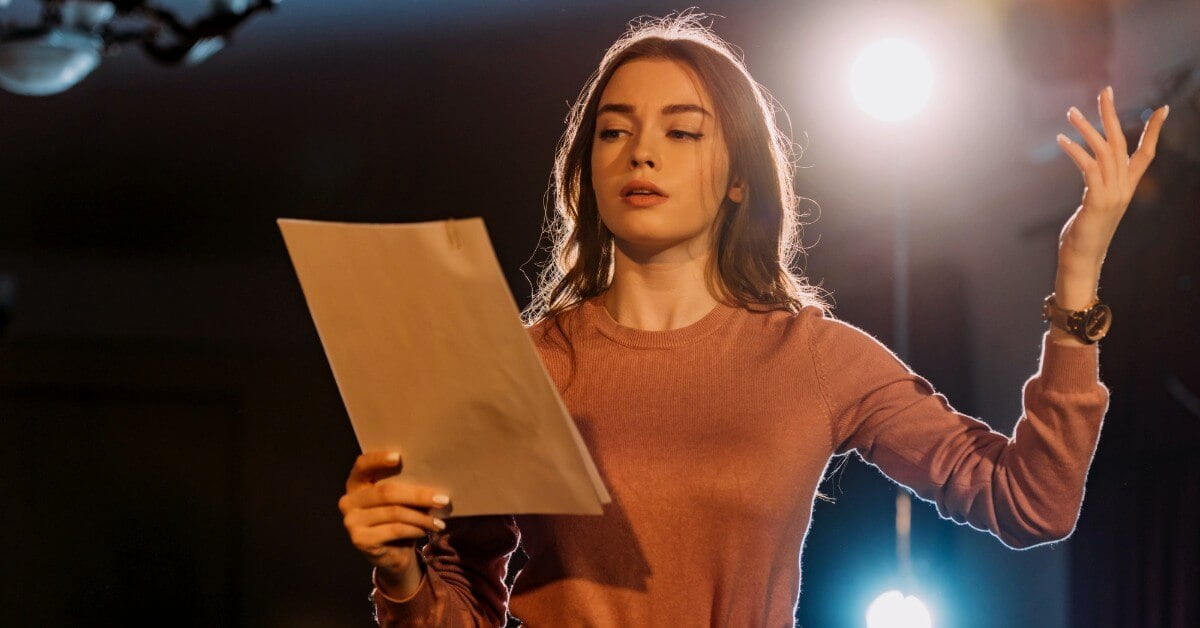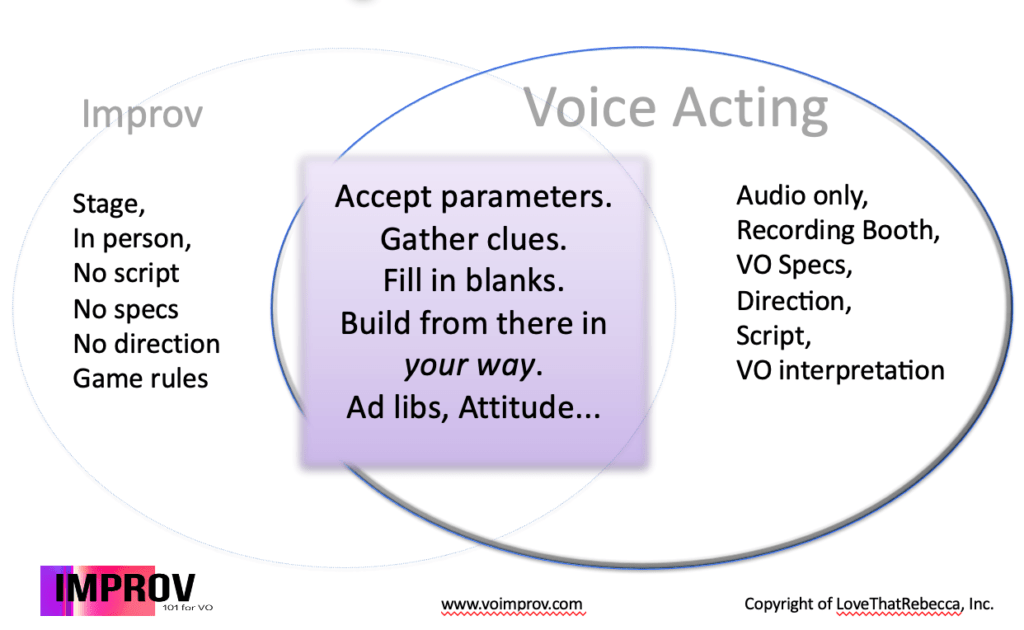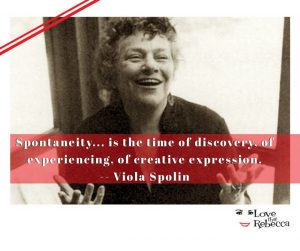
There are many professional awards Voice Actors receive for their acting. Here’s a hot list of the big ones.
![]()
Annie Awards
From their website: Honoring excellence in the field of animation. An Annie Award is animation’s highest honor. Since 1973. Founded by ASIFA – Hollywood.
![]()
Audie Awards
From their website: The Audie Awards® is the premier awards program in the United States recognizing distinction in audiobooks and spoken-word entertainment. Publishers and rights holders enter titles in various categories for recognition of achievement. Finalists are selected, and then one winner is awarded in each category at the Audies Gala.
Television Academy Emmy Awards
From their website: Founded in 1946, the Television Academy is dedicated to honoring excellence in television while promoting creativity, diversity and empowering storytellers through recognition, education and leadership. Learn about the history of Emmy awards for voice-over performance via Wikipedia.
Critics Choice Awards Documentary Best Narration
Per their website: The Critics Choice Association (CCA) is a group of broadcast, radio and online critics as well as entertainment journalists who review films and documentaries as well as scripted and unscripted television. The CCA was officially formed in 2019 with the merger of the Broadcast Film Critics Association and its sister organization, the Broadcast Television Journalists Association.
SOVAS Voice Arts Awards
SOVAS is Society of Voice Arts & Sciences. From their website: The Voice Arts® Awards is uniquely designed to honor the community of performers and craft professionals who perform, direct, produce, cast, engineer, and publish media where voice acting is a central creative element of the work. Categories here. Since 2013.
One Voice Awards
Awards program as part of a conference, once in the USA and another in the UK annually. From their website: The One Voice Awards continues to be the only truly independent voiceover award running today. There’s no “Pay To Win” here. Anyone can submit, and anyone can be in with a chance of winning an award. Since 2018. Categories here.
Let me know if I’ve missed any.







 I was both when I ventured out this week because
I was both when I ventured out this week because 